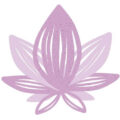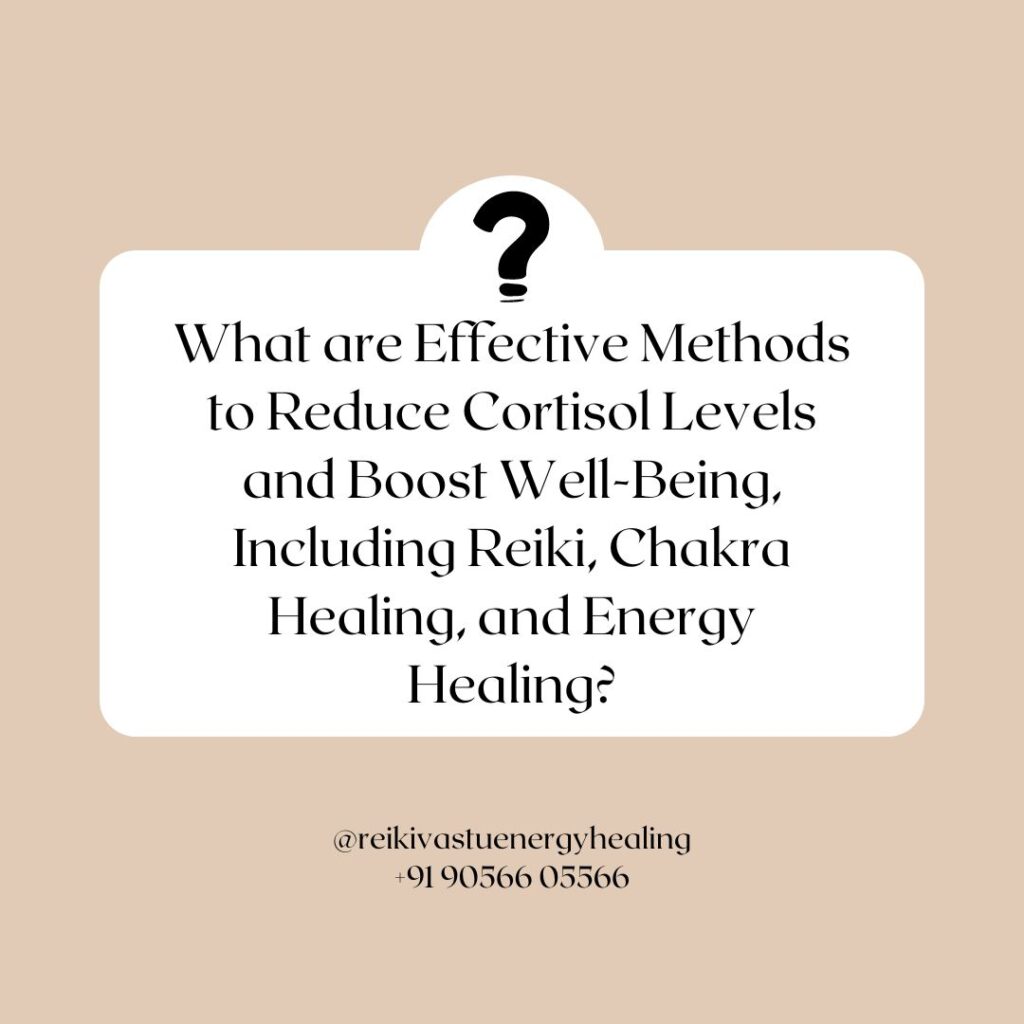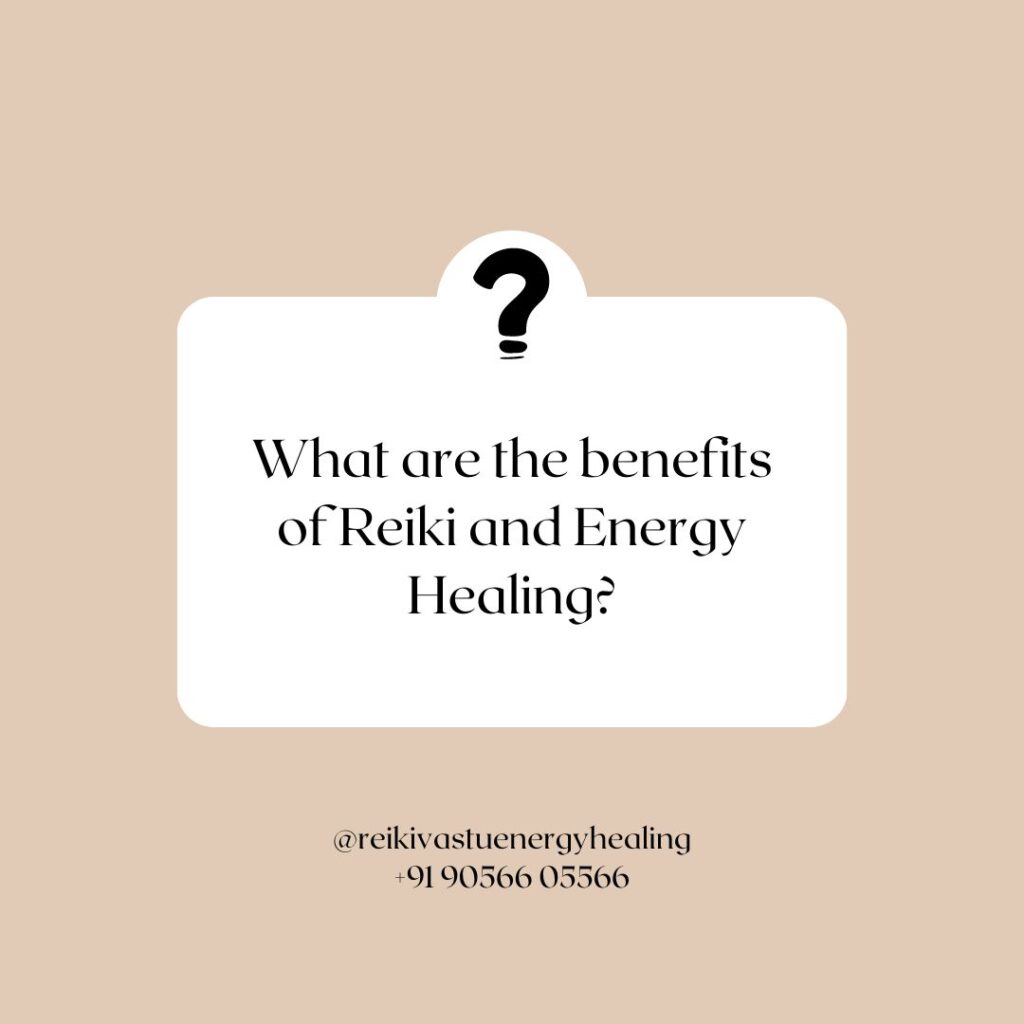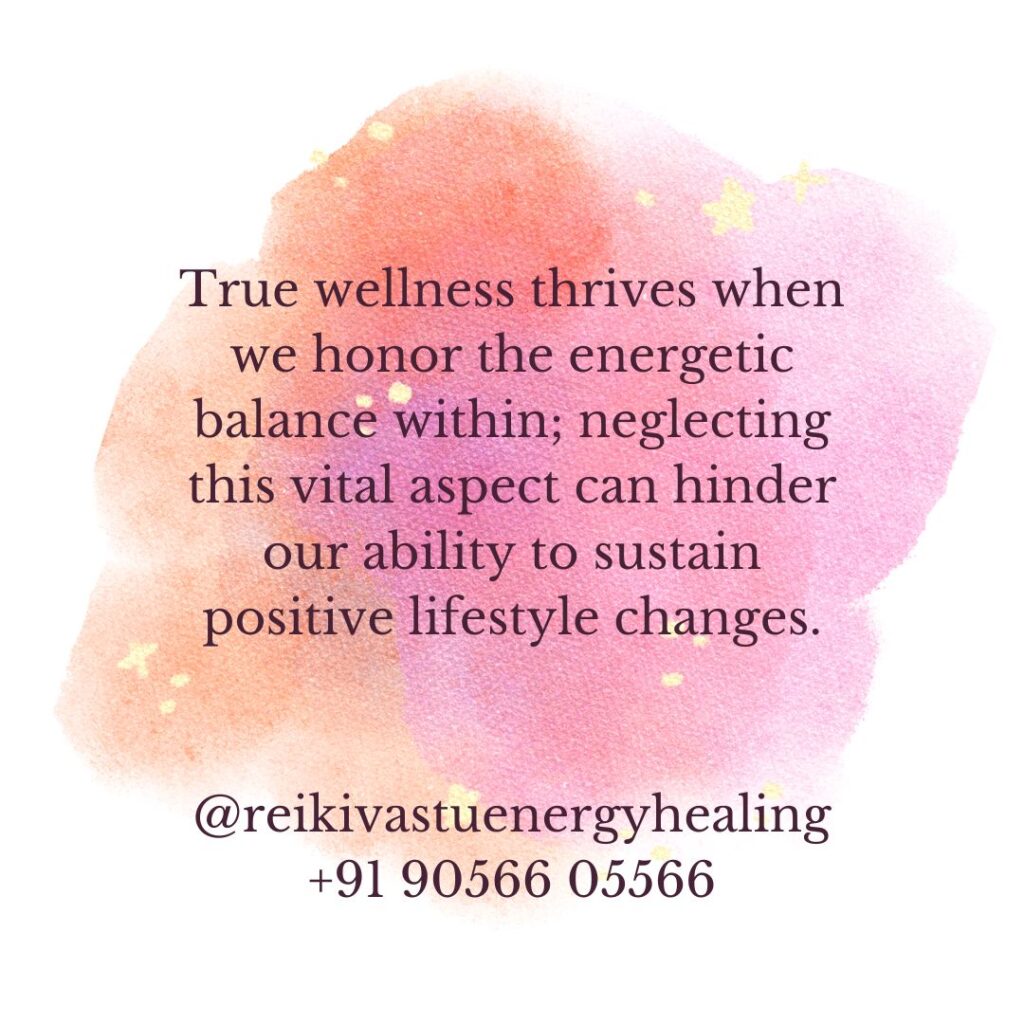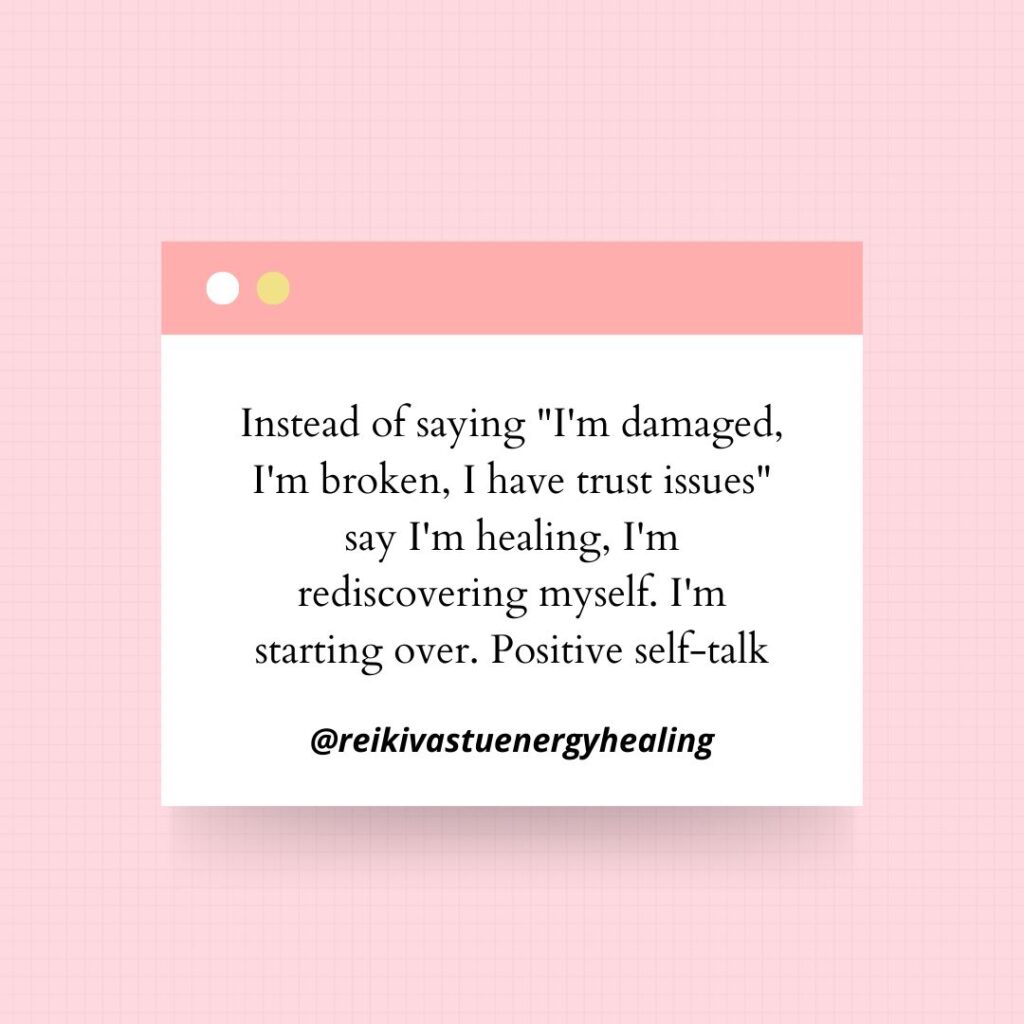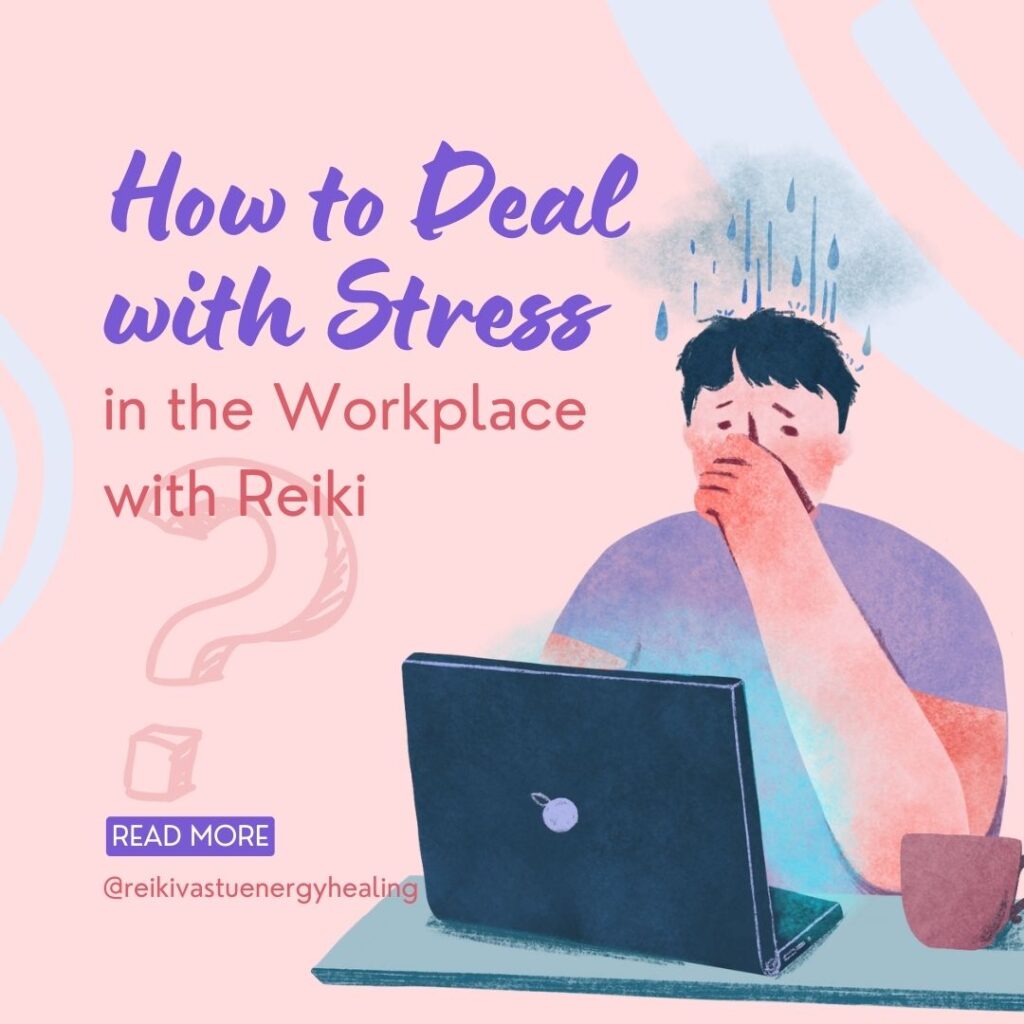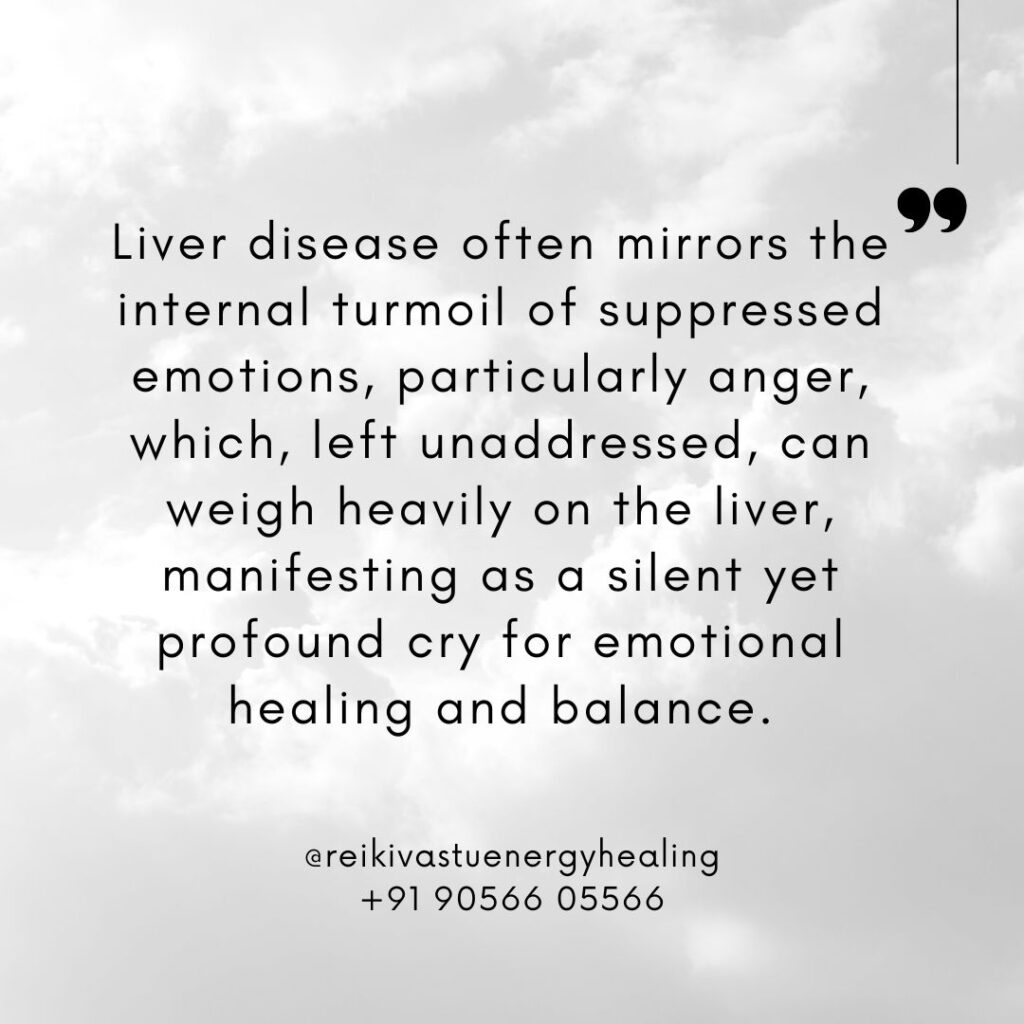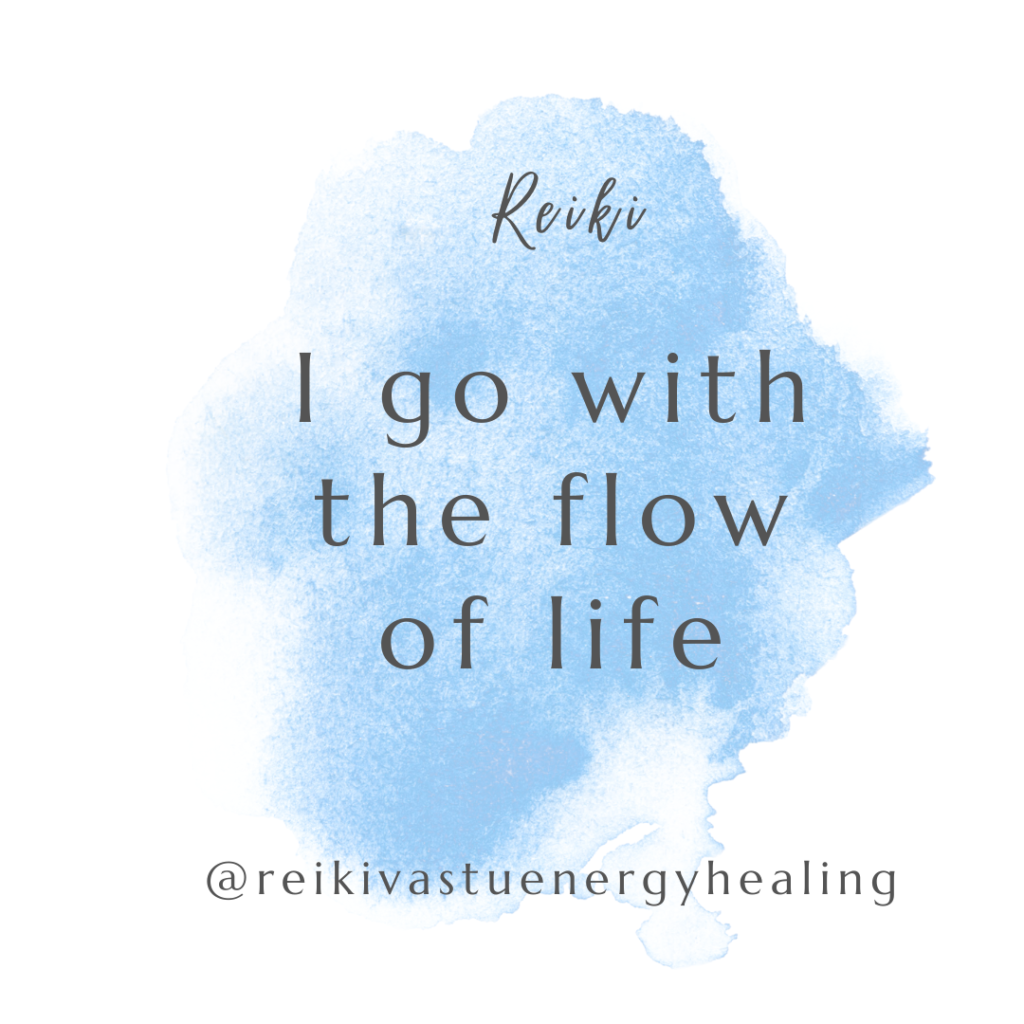FAQs on Reiki: Your Guide to Understanding This Energy Healing Practice
1. What is Reiki? Reiki is a Japanese healing technique that channels universal life force energy to promote healing, relaxation, and overall well-being. The word “Reiki” translates to “universal life energy” in Japanese, emphasizing its holistic approach to healing. 2. How does Reiki work? Reiki works by balancing the energy centers (chakras) within the body and promoting the flow of energy. During a Reiki session, a practitioner uses gentle hand placements or can work hands-off, allowing the energy to flow to areas where it is needed most. This helps to remove energy blockages, stimulate the body’s natural healing abilities, and promote a state of deep relaxation. 3. What can Reiki help with? Reiki can help with a wide range of physical, emotional, and spiritual issues. It is commonly used to reduce stress, alleviate pain, improve sleep, promote emotional healing, enhance overall well-being, and support the body’s natural healing process. While Reiki is not a substitute for medical treatment, it can complement conventional medicine and support the body’s innate healing abilities. 4. Is Reiki safe? Yes, Reiki is generally considered safe and non-invasive. It is a gentle and natural healing technique that does not involve manipulation of the body or the use of any harmful substances. Reiki can be safely used by people of all ages, including children, pregnant women, and the elderly. 5. Do I need to believe in Reiki for it to work? No, belief in Reiki is not required for it to be effective. Reiki works on a holistic level, addressing the body, mind, and spirit, regardless of one’s beliefs. However, having an open mind and a willingness to receive the energy can enhance the effectiveness of the treatment. 6. How long does a Reiki session last? The duration of a Reiki session can vary depending on the practitioner and the client’s needs. A typical session lasts anywhere from 30 to 90 minutes. During the session, clients remain fully clothed and may either sit or lie down comfortably. 7. How many Reiki sessions do I need? The number of Reiki sessions needed varies from person to person and depends on the nature of the issue being addressed. Some people may experience significant improvements after just one session, while others may benefit from a series of sessions over time. Your Reiki practitioner can work with you to develop a treatment plan that meets your individual needs and goals. 8. Can Reiki be done remotely? Yes, Reiki can be performed remotely, also known as distance healing. During a remote Reiki session, the practitioner channels energy to the recipient from a distance, often using visualization techniques or a surrogate object to connect with the client’s energy field. Remote Reiki can be just as effective as in-person sessions and offers the added convenience of receiving healing from anywhere in the world. 9. Is Reiki a religious practice? No, Reiki is not associated with any specific religion or belief system. While its origins can be traced back to Japanese spiritual practices, Reiki itself is a non-denominational healing technique that is accessible to people of all faiths and backgrounds. 10. Can anyone learn Reiki? Yes, Reiki is accessible to anyone who is interested in learning. Reiki training typically involves a series of attunements or initiations that connect the student to the Reiki energy, as well as instruction in hand placements, self-healing techniques, and ethical considerations. Reiki training is available at various levels, from beginner to master practitioner, and can be learned from certified Reiki instructors around the world.
FAQs on Reiki: Your Guide to Understanding This Energy Healing Practice Read More »
